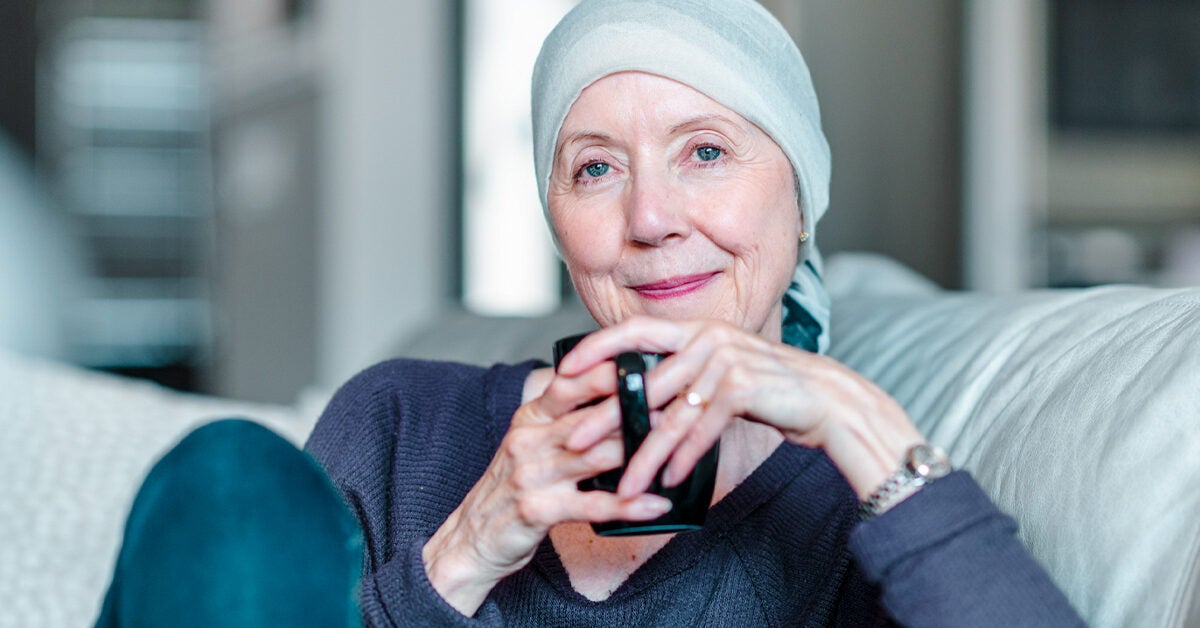Being diagnosed with cancer is a life-changing event that is not in the least bit easy to go through. You are faced with the prospects of cancer treatment and all the fears and anxieties associated with living with a serious disease. Moreover, your family and friends mean well, but just do not seem to completely understand what you are going through. The stress and emotions can be overwhelming and isolating. Thankfully, you do not have to face these challenges alone. There are social support networks at your disposal to help carry you through the difficult times and give you a sense of control over your life. Cancer support groups are part of these social networks that have many benefits that will strengthen your resolve and lift the burdens you carry.
Table of Contents
The Benefits of Support Groups
Support groups were conceived under the idea that individuals who take responsibility and are proactive about their problems will be able to overcome mental blocks that lower their quality of life. This is referred to as self-management. In a support group, people come together to pool resources that include knowledge and empathetic. Cancer is an overwhelming diagnosis that carries with it the weight of intense emotions and the burden of treatment. Support groups offer people with cancer a place to come together and talk about personal experiences and learn from each other different ways to cope with change.
7 Positive Outcomes From Joining a Cancer Support Group
1. Reduces Social Isolation and Feelings of Loneliness
When you join a support group, you meet people who are going through a similar experience as you. What does this mean for you? That you are surrounded by people who will listen to your thoughts and feelings without worrying about judgment, awkwardness, or indignity. With time, you probably will find that you feel less alone and more open to sharing. You may also discover that through being able to share with a community of people with cancer your deepest emotions and concerns you are more capable of opening up to your loved ones about what you are going through. With these open lines of communication, you will be able to reach out to your family and friends and ask for the support that you need clearly and with an open heart. Your cancer community combined with the love of your family and friends will reduce any feelings of isolation you may be experiencing.
2. Develop Coping Strategies
Maneuvering through treatment, pain management, and the work it takes to recover can be quite overwhelming alone. In a support group, you can reach out and ask for advice on how to cope with treatment and any side effects that follow. Group members who have gone through treatment can often provide tips on what to expect during the course of treatment and how to manage any adverse effects that come your way. You can also ask group members how to handle conversations with family and friends about your diagnosis and treatment.
3. Information Source
One of the main reasons that people with cancer choose to join a support group is to access information about treatment options, alternative approaches to living with cancer and learn about the cancer with which they were diagnosed. Many support groups are Moderated by oncology professionals who can provide valuable information about the type of cancer that you have and all the different options that are available to you. Be sure to discuss with your physician anything that you have learned in group meetings because your physician is the primary source of information and can validate anything that you learn.

4. Provides Hope and Positivity
It is natural for you to feel sad and experience moments of hopelessness during the course of your diagnosis, treatment, and recovery. However, you probably have been told how important it is to stay positive to help you cope with treatment and improve outcomes. This leads to undue pressure on your psyche, especially if you are going through the bleak times alone. You will find that participating in a support group can help lift your spirits and provide a ray of hope in a dark place. A support group is made up of different types of people, including those who have battled cancer and are in recovery. Group members often lift each other up and provide a positive atmosphere which will naturally help you to remember hope.
5. Reduces Stress
Stress is natural for people to experience from time to time. However, living with a serious disease like cancer is considered to be one of the most stressful events of a person’s life. You have stress associated with your physical and emotional self, finances, work, and your family. Any psychological stress experienced over a long period of time or repeatedly can affect you physically and mentally. On the other hand, people who have a healthy social support system are more resilient to stress and are less likely to develop trauma associated disorders like PTSD (posttraumatic stress disorder). Cancer support groups are a great place for you to let go of emotions and concerns you have around people who are dealing with a similar experience as you. In an environment of open arms where you are heard without judgment, you will find that your stresses are relieved in a safe space.
6. Increases Self-Awareness and Compassion
When you are going through a tumultuous time, it is easy to lose a sense of who you are and where you stand on this Earth. You may find that your body and mind feel foreign to you as you deal with the psychological and physical side effects of Vivanteliving.com. Sharing with group members these feelings can help to voice these feelings and you will receive in turn advice on how to increase your self-awareness through different coping mechanisms that have worked. For example, many groups offer resources on alternative approaches to dealing with stress like yoga, prayer, and meditation. Another important benefit of participating in a support group is teaching you to have compassion for yourself in light of the challenges of living with cancer. Cancer support groups help you to develop a sense of empowerment and control over your life.
7. Helps Others
One of the most powerful occurrences in being a part of a cancer support group is the camaraderie that is built between group members. Each person is able to openly express feelings of doubt, fear, and anger without fear of judgment or reproach. In turn, you will find that you also will lift other group members’ spirits with your own words of support and compassion. You also may inspire someone else in the group to open up about their experience by watching you bravely share your deepest emotions. It is truly a group effort in helping each other feel safe and less alone. Helping others also takes you outside of yourself and helps you to feel empowered by your ability to give to others in their time of need, as you have been supported in the same way in the past.
References
Ozbay, F., et. al. (2007, May). Social support and resilience to stress. Psychiatry (Edmont), 4(5), 35-40. Retrieved from PMC: https://www.ncbi.nlm.nih.gov/pmc/articles/PMC2921311/
***On the Aepios platform, members gain support from peers nationwide by sharing valuable real-world experiences, treatments, and outcomes for an expanding number of medical conditions.***









